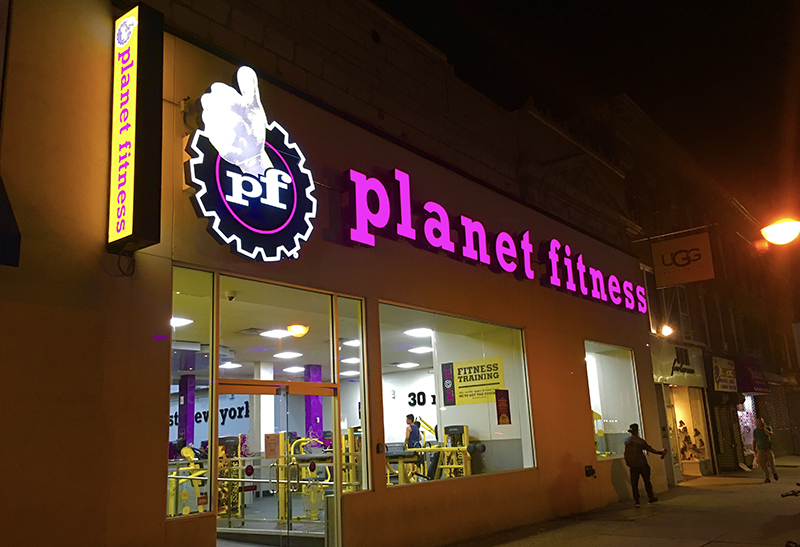Striking a Balance: Time in the Gym
Vacation, life changes, moves, lack of motivation. It’s easy to get into a cycle of excuses leading to the downfall of your routine. Most experts will recommend you not take time off and keep with a schedule. That worked for me when first starting out. Going day-in, day-out helped me develop a love for the gym and exercising — but it was not necessarily the best course of action for my body. It’s a trade off.
The time you’re not in the gym is typically referred to as rest. This doesn’t mean you are resting in the strict definition. You can be working, hanging out with friends, enjoying movies or a book, but the key is you’re not physically exerting yourself. Rest is just as important as the time you spend in the gym. When you are lifting weights, or setting a new mile time, you are breaking down part of your body, pushing it beyond it’s limits, damaging it. Resting repairs this damage, makes the body stronger in the area taxed, in an attempt to keep it from happening again. If you don’t allow this recovery to take place, by constant exertion, your gains will eventually become stifled, and minimized.
It’s not always adverse, though — there are benefits of daily lifting and gym-going. I already hinted at the major one: routine. Most new gym-goers never fully develop a daily routine and fall off attending within 2 to 3 weeks. This is clearly detrimental to living a healthy life, but quite beneficial for the gyms they join. In some places, up to 4 out of 5 gym memberships go completely unused. Setting that routine is the single most difficult components when beginning a fitness journey.
Some bodies respond very well to constant volume. These bodies typically have a few things going for them: they eat plenty of clean food to help recovery, and they soak up sleep like sponge. You’ll see volume increases in all forms of lifting (powerlifting, weightlifting, and bodybuilding) while bulking because of the increased food intake. The more macronutrients your body has to repair with, the easier you’ll recover. Sleep is the main time your body is repairing itself, so the deeper, more sound, longer sleep you have, the better your body can recover. High volume, constant lifting for people that can hit those two milestones are effective, and can garner great results.
The key is to find a balance, and listen to your body. After going for several days a week for nearly a year, I settled on a 4-day workout. I get the satisfaction of going to the gym, and don’t have to sacrifice too much lifestyle to make it happen, and my body gets the time to recover one weekday and on weekends.
Support Metro Weekly’s Journalism
These are challenging times for news organizations. And yet it’s crucial we stay active and provide vital resources and information to both our local readers and the world. So won’t you please take a moment and consider supporting Metro Weekly with a membership? For as little as $5 a month, you can help ensure Metro Weekly magazine and MetroWeekly.com remain free, viable resources as we provide the best, most diverse, culturally-resonant LGBTQ coverage in both the D.C. region and around the world. Memberships come with exclusive perks and discounts, your own personal digital delivery of each week’s magazine (and an archive), access to our Member's Lounge when it launches this fall, and exclusive members-only items like Metro Weekly Membership Mugs and Tote Bags! Check out all our membership levels here and please join us today!























